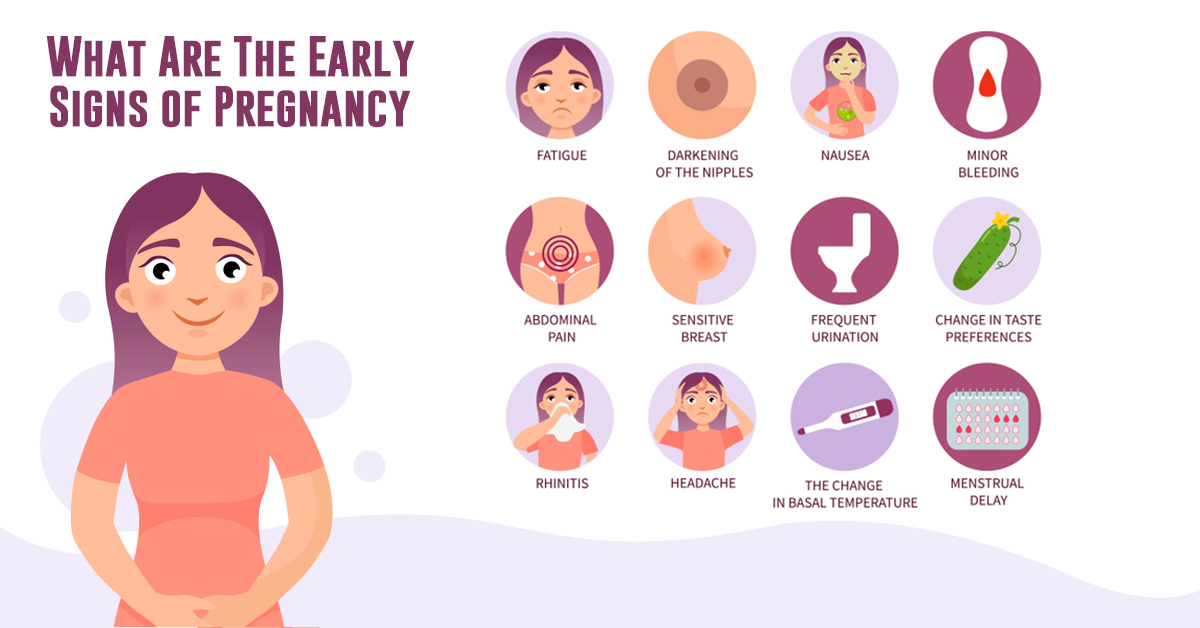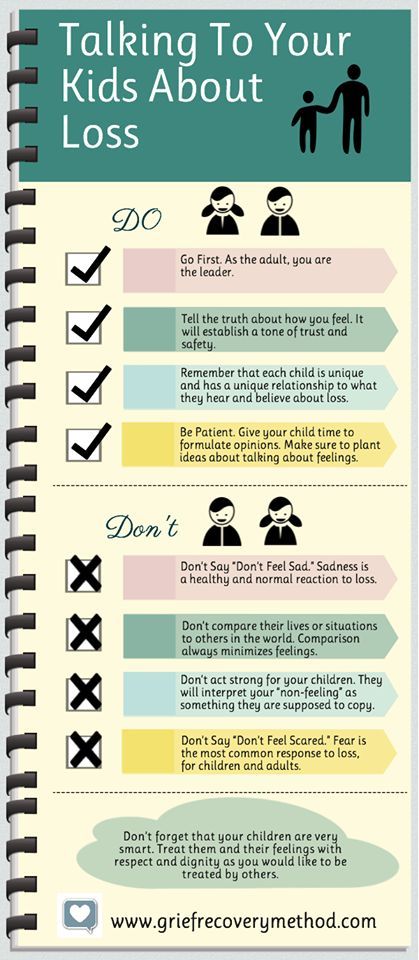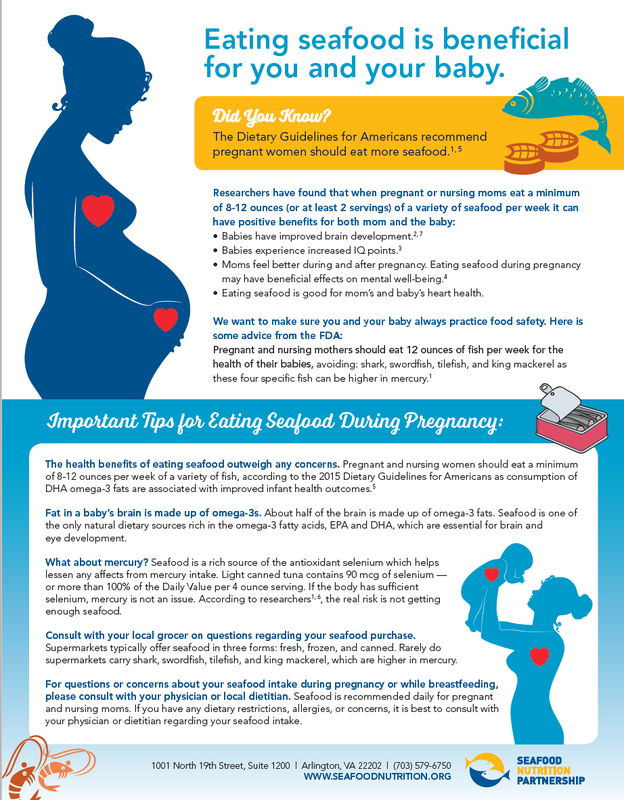Top signs of pregnancy
16 early signs of pregnancy
You’ve got one question on your mind: Could I be pregnant?
A pregnancy test is the only way to know for sure. But if it’s too early to take a test, you may be on the lookout for early signs – or maybe you think you’re already experiencing some early pregnancy symptoms.
Is it too early to tell if you’re pregnant? What symptoms may be the earliest signs of pregnancy? Below, we answer those questions and more.
How early can you tell if you’re pregnant?
Again, you’ll need to take a pregnancy test at the right time to confirm your hopes or suspicions. But when it comes to the first symptoms of pregnancy, everyone is different. Some people start to notice changes within a week after conception. Others might not notice anything until they miss their period.
When should you take a pregnancy test?
It’s usually recommended that you take a pregnancy test after you’ve missed your period. This is because pregnancy tests measure the level of human chorionic gonadotrophin (hCG) in your body, which is a hormone that starts to build up when you conceive. It can take around three to four weeks from the first day of your last period for there to be enough hCG in your body to show up on a test.
What are the first symptoms of pregnancy?
The most common sign of early pregnancy? A missed period.
Your menstrual cycle is your body’s way of preparing for a possible pregnancy each month. Part of that is the thickening of your uterine lining, which is where a fertilized egg would implant to begin a pregnancy.
If you’re not pregnant, your period is how your uterus sheds that extra lining. If you are pregnant, that lining stays put and you don’t get your normal flow. This is why a missed period is often the earliest sign of pregnancy.
Of course, a delayed or missed period doesn’t always mean you’re pregnant. If your body is under a lot of stress or you have a hormonal imbalance, you could be experiencing an irregular menstrual cycle.
What other symptoms can be early signs of pregnancy?
Every person – and every pregnancy – is different.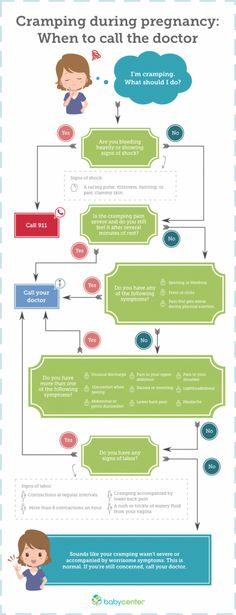 So, if you are pregnant, you’ll likely experience a unique combination of common, not-so-common and sometimes overlapping symptoms. And, they may show up earlier or later than expected. Here are more than a dozen possible symptoms of early pregnancy.
So, if you are pregnant, you’ll likely experience a unique combination of common, not-so-common and sometimes overlapping symptoms. And, they may show up earlier or later than expected. Here are more than a dozen possible symptoms of early pregnancy.
1. Spotting or light bleeding
Many women are surprised to learn that spotting or light bleeding can be an early sign of pregnancy, but about one-third of women experience it. This is often called implantation bleeding because doctors believe it occurs as the fertilized egg attaches (or implants) itself into the uterine lining. This is different from bleeding that could occur from something like a miscarriage – which is usually heavier.
When does implantation bleeding occur?
Implantation bleeding typically occurs 10 to 14 days after conception, which is just before or right around the time your period is due. So, you may think you’ve gotten your period.
But implantation bleeding is a light flow, which may start and stop over a couple days.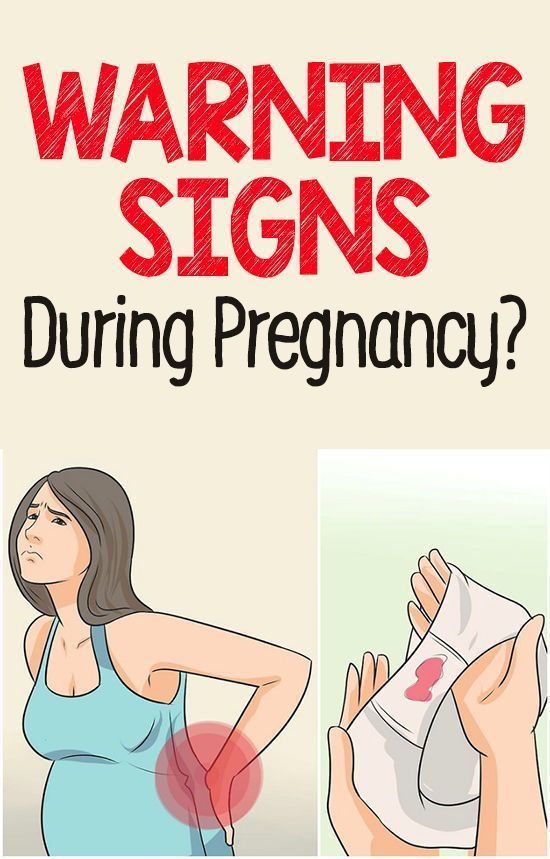 And while it can take on a range of colors, it’s more likely to be pink, brown or light red.
And while it can take on a range of colors, it’s more likely to be pink, brown or light red.
Your period, on the other hand, may start off light in flow and in color but after a couple days becomes heavier, changes to a crimson red color and lasts up to a week or so.
2. Lower abdominal pain or cramping
While cramps and lower-abdominal pain can signal a coming period, they can also be a sign of egg implantation.
What do implantation cramps feel like?
Implantation cramps can occur with or without spotting or bleeding, and may feel different from period cramps. For example, you might feel mild to moderate prickling, pulling or tingling that comes and goes over a few days.
But menstrual cramps can often feel like a throbbing or dull ache, and typically start a day or two before your period.
3. Higher basal body temperature
If you’ve been tracking your basal body temperature (BBT) to increase your chances of getting pregnant, you probably know that your BBT goes up slightly right after ovulation.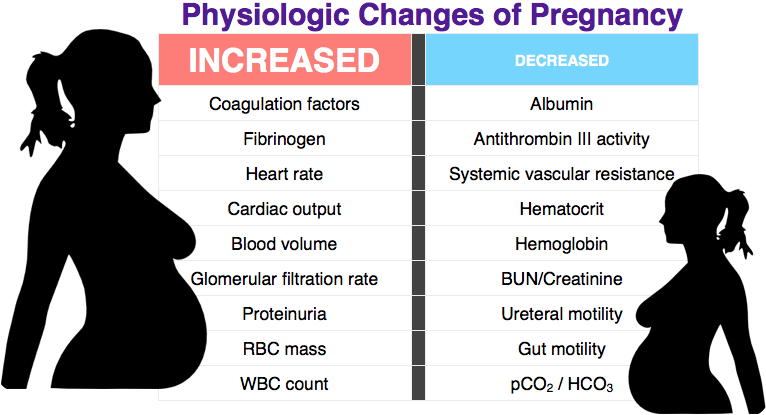 If you’re pregnant, your temperature may remain elevated rather than dipping back down.
If you’re pregnant, your temperature may remain elevated rather than dipping back down.
Of course, you could be running hot for other reasons, but if it lasts more than a few weeks, pregnancy may be the explanation.
4. Changes in cervical mucus
If you’ve already been checking your cervical mucus to figure out when you’re most fertile, here’s a reason to continue: In the first few weeks of pregnancy, the amount of cervical discharge may increase and become stickier and whiter.
5. Breast tenderness, swelling or tingling
When you’re pregnant, your body experiences big changes in hormones – specifically, increases in estrogen and progesterone – to support your growing baby. This change in hormones can contribute to many symptoms, including breast tenderness.
Oftentimes, increased breast tenderness, swelling or tingling start to become noticeable a few days before a missed period.
If you usually experience breast tenderness leading up to your period or shortly after it begins, pregnancy-related breast tenderness and swelling will likely be more intense than you’re used to and stick around. You may also experience nipple soreness.
You may also experience nipple soreness.
6. Fatigue
Fatigue in early pregnancy is common, and some women might notice it before they know they’re pregnant. In fact, fatigue may set in as soon as one week after conception. This is thanks to those sudden changes in hormone levels, particularly increasing progesterone.
7. Frequent urination
If you’re making more trips to the bathroom than usual around the time your next period is due, it may be a sign of pregnancy.
Certainly, your drinking habits play a big role in how many times you pee in a day. However, pregnancy increases the amount of blood in your body, which gives your kidneys more fluid to filter and more waste to get rid of.
So if you’re pregnant, you may notice you’re peeing a lot more – a symptom that can start early on and (unfortunately) last throughout your pregnancy.
8. Nausea or vomiting
Morning sickness might be the most well-known of all pregnancy symptoms, taking the form of food aversion or nausea, and even vomiting for some. This symptom can set in as early as two weeks after conception, which is around the fourth week of pregnancy and right around the time you’d miss your period if you were pregnant.
This symptom can set in as early as two weeks after conception, which is around the fourth week of pregnancy and right around the time you’d miss your period if you were pregnant.
But some may not experience nausea or vomiting at all. And despite its name, morning sickness can actually happen at any time of the day or night.
9. Darkening areolas
When you’re pregnant, your areolas (the areas round your nipples) will likely grow and darken. Usually, these changes are gradual and continue throughout pregnancy. However, some women notice these changes really early on in combination with other symptoms.
10. Bloating or constipation
We all experience bloating or constipation from time to time, but both are quite common during pregnancy. Once again, those changing hormones are the culprit. They slow down digestion, which can cause a buildup of air in the gut and lead to constipation.
Early on, bloating or constipation may be mild and accompanied with other pregnancy symptoms.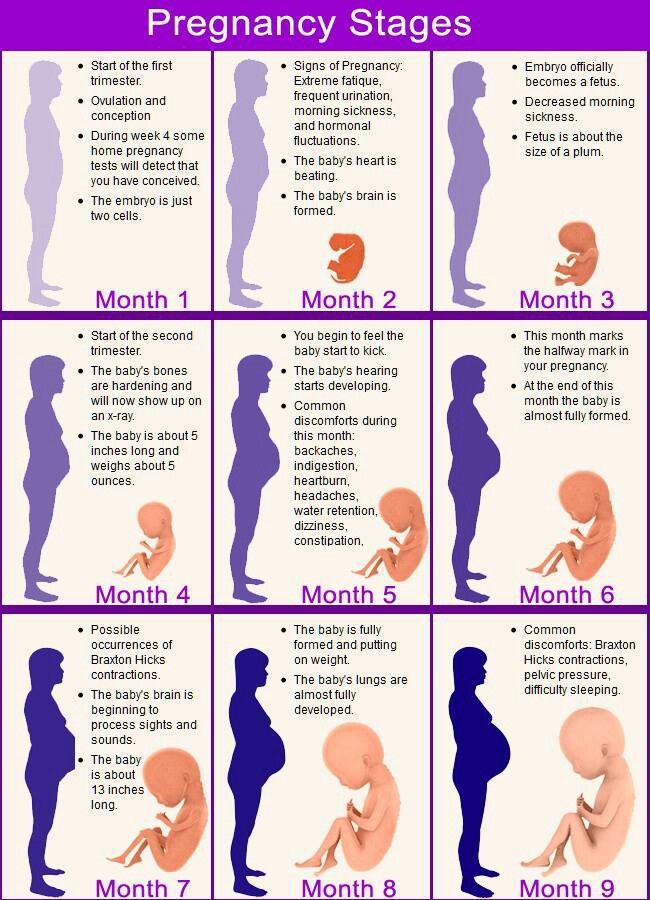 But – as a heads up – if you really are pregnant, these symptoms may stick around throughout your whole pregnancy.
But – as a heads up – if you really are pregnant, these symptoms may stick around throughout your whole pregnancy.
11. Metallic taste in your mouth
Many women report a metallic taste in their mouth during pregnancy. Once again, hormones are to blame – specifically, estrogen.
Typically, this symptom (as well as changes in taste overall) is common in the first trimester but may occur at other times too – including before a missed period.
12. Sensitivity to smell
Many women report that sensitivity to smell was one of their first signs of pregnancy. In fact, as many as two-thirds of women become more sensitive or reactive to the smells around them during pregnancy.
And oftentimes, this heightened sense of smell can stick around through the first trimester or beyond, and contribute to other symptoms such as nausea, and food cravings or aversions.
13. Mood changes
From a stressful day at work to the natural wonders of your menstrual cycle, there are a lot of things that can affect your mood.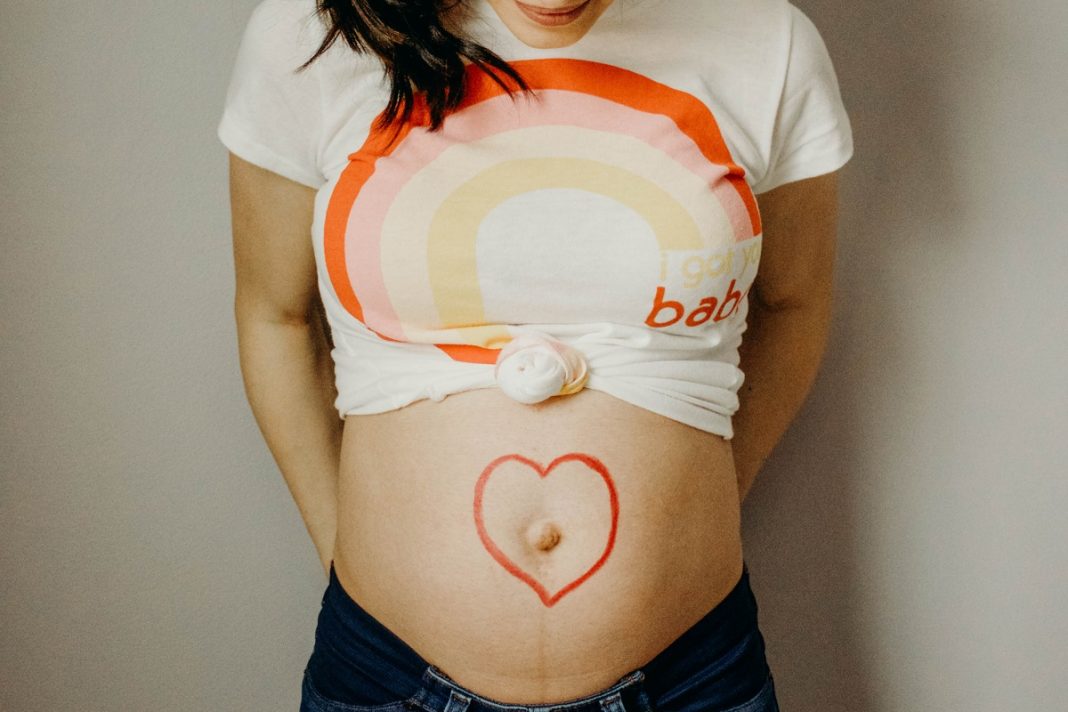 But changes in mood are very common during pregnancy – and they may be especially noticeable early on as your body gets a sudden burst of estrogen and progesterone.
But changes in mood are very common during pregnancy – and they may be especially noticeable early on as your body gets a sudden burst of estrogen and progesterone.
If you are pregnant, any mood changes you’re experiencing are likely coupled with other symptoms such as fatigue or nausea. You may feel more sensitive or weepy. Or perhaps your fuse is a little shorter and you’re more easily annoyed.
14. Headaches
Headaches are a part of life. They come with colds and allergies. They come with stress or fatigue, or when you cut down on caffeine to help prepare your body for pregnancy. But they can also come with pregnancy.
Headaches can happen thanks to the increasing blood volume and hormonal changes that occur in early pregnancy. You can also get headaches if you’re dehydrated as a result of nausea.
15. Dizziness
As blood flow increases during pregnancy, blood pressure can also decrease and lead to dizzy spells. Usually, dizziness is more of a second trimester symptom, but some women may notice it very early on, too.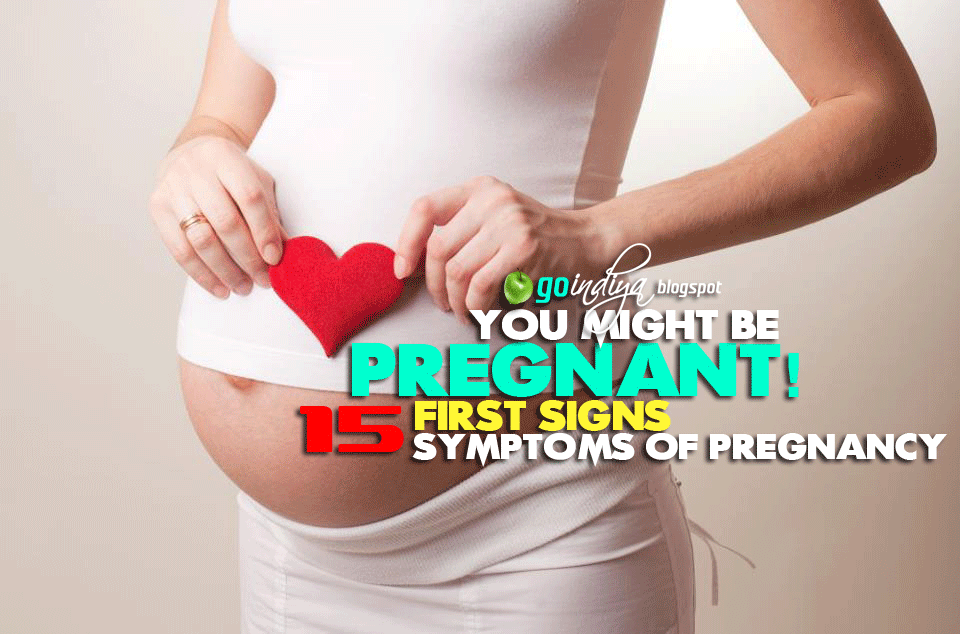
16. Nasal congestion
A lot of people are shocked to learn that nasal congestion can be a pregnancy symptom. You may wonder if you’re coming down with something or your allergies are acting up. But if you’re noticing a stuffy or runny nose along with other pregnancy signs, you might be taking a pregnancy test in the near future.
The mucous membranes in the nose are also affected by hormones and increased blood flow throughout your body. This can cause blood vessels to swell, resulting in congestion and even sneezing.
Could you have early pregnancy symptoms and not be pregnant?
Yes. As we’ve mentioned, many early pregnancy symptoms can overlap with symptoms of other conditions, especially premenstrual symptoms. So, the best way to know if the symptoms you’re experiencing are pregnancy related is to try to relax and patiently wait until it’s time to take a pregnancy test.
When should you see a doctor about a new pregnancy?
If you’ve taken a pregnancy test and it’s positive, go ahead and make your first prenatal visit right away.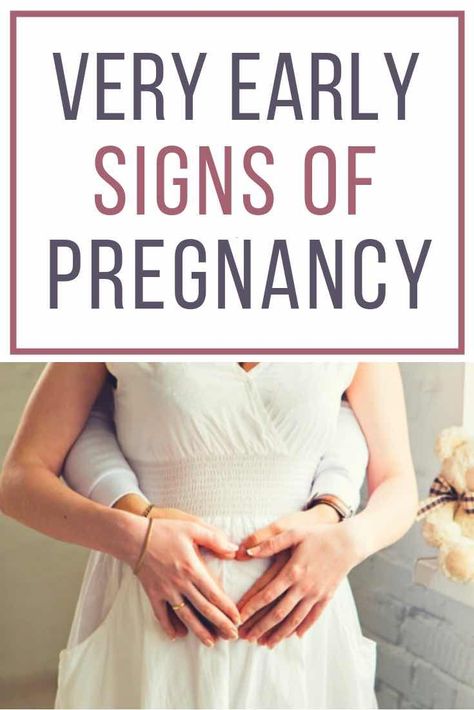 This is also a great time to start looking into educational resources like the myHealthyPregnancy app.
This is also a great time to start looking into educational resources like the myHealthyPregnancy app.
At the first prenatal visit, you’ll get a physical exam and other tests to make sure everything is looking healthy, and you’ll learn about the rest of your prenatal appointment schedule. You’ll also get to talk through any expectations and questions you have, such as which foods to eat and avoid while pregnant.
Questions or concerns about your symptoms? Our 24/7 nurse line is free for our members and patients.
Positive pregnancy test? Schedule a visit.
What to eat when pregnant
You’ve probably heard about some of the common dietary restrictions that come with pregnancy – like no alcohol or sushi. But not everyone knows the complete list of foods that are off-limits during pregnancy, or the reasons behind it. And when it comes to the foods that you can eat while pregnant, you may wonder how much is enough.
You don’t have to eat for two in terms of volume, but you do need to eat for two in terms of quality. Below, we explain which foods to keep in and out of your diet for the next nine months, and why.
Below, we explain which foods to keep in and out of your diet for the next nine months, and why.
Healthy food to eat during pregnancy
Your pregnancy diet doesn’t need to be built around a strict set of specific foods. Instead, you can focus on getting enough of the nutrients that have been proven to contribute to healthy pregnancies. Your care provider will likely recommend that you meet your nutrient needs through a combination of food and vitamin supplements. These nutrients include:
Folate and folic acid
Folate (or folic acid when taken as a supplement) is a B vitamin that helps prevent birth defects in your baby’s brain and spine. Generally, people who are pregnant or planning to get pregnant need about 600 micrograms (mcg) daily, starting at least one month before conception.
Foods high in folic acid to eat during pregnancy include fortified grain products (cereals, bread, pasta), as well as foods like spinach, beans and asparagus. It’s hard to reach 600 mcg through food alone, so a supplement containing at least 400 mcg folic acid is usually recommended to help reach the ideal daily dosage.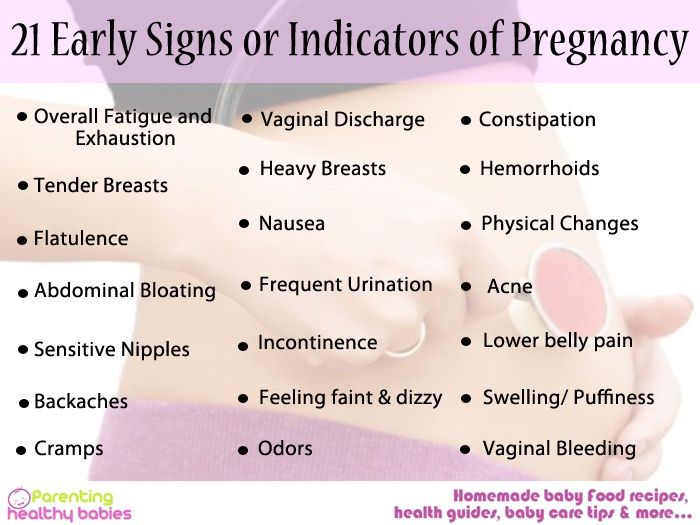
Iron
Iron helps your red blood cells carry oxygen around your body. Because your body will be making more blood to support your baby, you’ll need about twice as much iron in your second and third trimesters as you do when you’re not pregnant. Generally, this looks like 27 milligrams (mg) a day.
You can find iron in fortified grain products, lean red meat, dark green leafy vegetables and beans. Iron is also included in most prenatal vitamins.
Calcium
Your body uses calcium to build your baby’s bones, and you generally need around 1000 mg per day. This can be met with four servings of dairy products (milk, cheese, yogurt) per day. Other good sources of calcium include fortified grain products, fortified orange juice, fish, dark green leafy vegetables and almonds.
Vitamin D
Vitamin D also contributes to bone development. 600 international units (IUs) is the recommended dose for all women, regardless of whether they’re pregnant. You can get vitamin D from fortified milk, fortified orange juice and fortified grain products. Good sources of naturally occurring vitamin D include fatty fish (such as salmon) and eggs.
Good sources of naturally occurring vitamin D include fatty fish (such as salmon) and eggs.
Protein
Protein provides long-lasting energy and contributes to growth and development. Your pregnancy meal plan can include protein from a variety of sources, including meat, fish, eggs, beans, soy products, nuts and nut butters. Try to include a protein source in every meal.
Water
Water helps your body function. And during pregnancy, water is also used to form amniotic fluid. To meet your pregnant body’s increased demand for water, it’s recommended that you drink around 8-12 cups of water daily.
Herbs and supplements to take during pregnancy
Even though there’s a large variety of healthy foods containing key nutrients during pregnancy, it can be hard to get as much of those nutrients as you need from food alone, particularly folate and iron. Because of this, your doctor or midwife will likely recommend or prescribe certain supplements.
Prenatal vitamins are a common example. As the name implies, prenatal vitamins are made specifically for pregnant people and people planning to get pregnant. Prenatal vitamins provide a combination of vitamins and minerals that support healthy pregnancies (frequently the same ones listed above), and are available over the counter in a wide range of stores.
As the name implies, prenatal vitamins are made specifically for pregnant people and people planning to get pregnant. Prenatal vitamins provide a combination of vitamins and minerals that support healthy pregnancies (frequently the same ones listed above), and are available over the counter in a wide range of stores.
Your care provider may also prescribe supplements based on other factors, like dietary restrictions. If you’re lactose intolerant and can’t eat dairy, for example, you may be prescribed a calcium supplement.
You may also want to use herbal supplements to help provide relief from pregnancy symptoms. Peppermint leaf and ginger root are commonly used to help with nausea and morning sickness. However, there are some herbs to avoid.
Herbs and supplements to avoid during pregnancy
Though herbs are natural, not all are safe to consume during pregnancy. According to the American Pregnancy Association, herbs that should be avoided when pregnant include saw palmetto, goldenseal, dong quai, black cohosh, and several others.
You may also want to be cautious when choosing herbal tea blends to drink during pregnancy. They could contain an herb that may not be safe. Supplements aren’t tightly regulated by the Food and Drug Administration, so it’s important to talk to your care provider about herbs and teas that you are taking.
What not to eat when pregnant
There are two main factors that determine what foods to avoid during pregnancy – foods with a likelihood of containing bacteria or viruses and foods that may contain harmful substances (toxins or contaminants). Here are some examples:
1. The potential presence of bacteria or viruses
Being pregnant naturally weakens your immune system. This increases your risk of foodborne illnesses, including food poisoning from bacteria or viruses, which can have serious effects on you and your baby. To minimize your risk, avoid foods that could potentially contain bacteria or viruses, such as:
Raw or undercooked seafood
Raw or undercooked meat and eggs
Lunch meat
Unpasteurized foods and drinks
Unwashed fruits and vegetables
Uncooked sprouts
2.
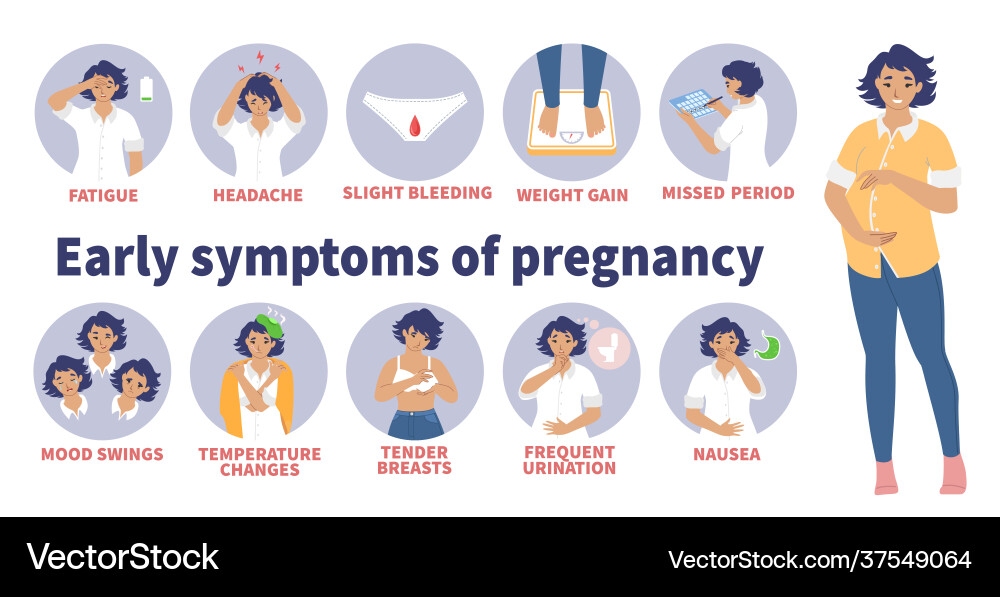 Harmful substances
Harmful substances Some foods contain toxins or contaminants that can be harmful to your baby’s development, and some drinks may have their own negative effects. The biggest sources of concern are:
High mercury content fish
Many fish naturally contain mercury, which in high amounts may affect the development of your baby’s nervous system. To protect your baby, the American College of Obstetricians and Gynecologists (ACOG) recommends that you avoid fish that have high mercury content, including:
- King mackerel
- Marlin
- Orange roughy
- Shark
- Swordfish
- Tilefish
- Bigeye tuna
However, ACOG also has a list of lower-mercury fish and seafood that pregnant women can eat two to three servings of per week. A lot of common fish and seafood are on this list, including:
- Salmon
- Tilapia
- Catfish
- Cod
- Shrimp
- Scallops
- Crab
- Clams
Local fish
There may be local fish advisories in your area due to pollution. If you’re buying locally sourced fish, look up your state’s advisories. Minnesotans can also use chooseyourfish.org to learn about state guidelines, find recipes and more.
If you’re buying locally sourced fish, look up your state’s advisories. Minnesotans can also use chooseyourfish.org to learn about state guidelines, find recipes and more.
Alcohol
No amount of alcohol is known to be safe during pregnancy. Drinking alcohol during pregnancy increases your risk of miscarriage and stillbirth, and your baby’s risk of developing Fetal Alcohol Syndrome, which may lead to physical and mental issues.
Caffeine
Research isn’t conclusive about how high amounts of caffeine affect pregnancies. Because of this, the general rule is to limit caffeine intake to 200mg per day. That’s roughly one to two 8-ounce (oz) cups of coffee, depending on how it’s made.
The caffeine content of tea is generally lower, but this again depends on the type and amount of leaves used. A 6-oz cup of black tea usually has around 50 mg, while a similarly sized cup of oolong tea has about 30-40 mg. For green tea, it’s about 20-30 mg, and for white tea it’s around 15-20 mg.
Herbal teas
Herbal teas are naturally caffeine-free, making them a good choice during pregnancy. However, there isn’t a lot of research available for all the herbs that can be included in herbal teas. And like other supplements, herbal teas aren’t tightly regulated. While herbal teas made from common ingredients like peppermint and ginger are likely to be safe, it’s best to check with your care provider.
Nitrites
Some studies suggest that there may be a link between preterm birth and eating a diet high in nitrites while using certain medicines during pregnancy. Nitrites are commonly found in bacon, deli meat and other processed meat products in the form of sodium nitrite, which is used as a preservative.
Although more research is needed, it may be a good idea to limit or avoid meat products that list sodium nitrite in their ingredients list. Talk to your care provider if you have questions about eating foods with nitrites during your pregnancy.
How much should you eat while pregnant?
According to the American College of Obstetricians and Gynecologists, people need to eat around 340 extra calories per day during their second trimester, and a bit more in their third trimester.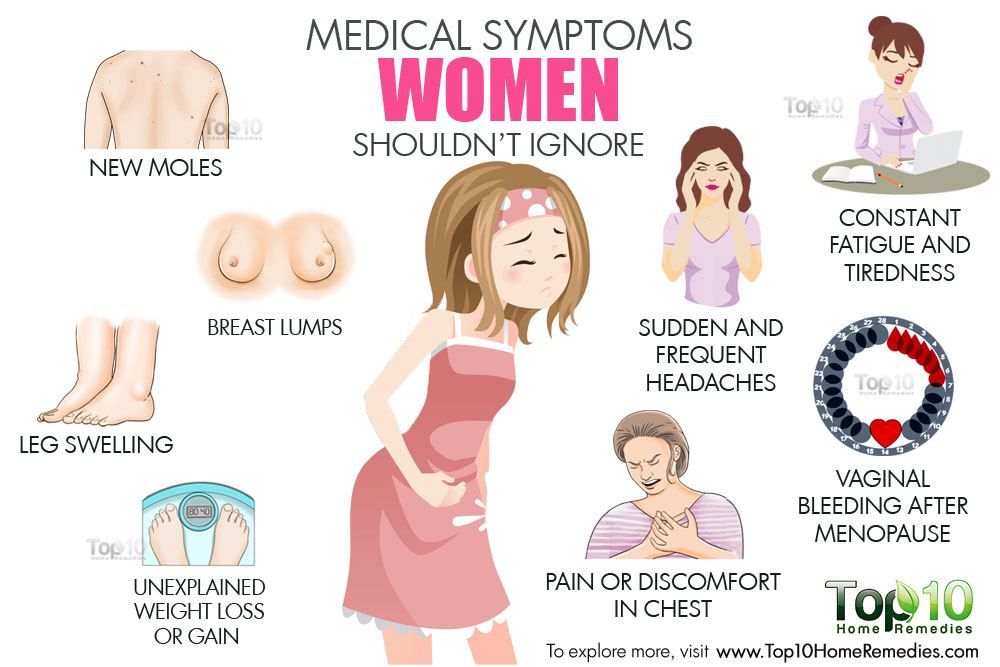 These numbers may be higher or lower based on a few factors, including your weight at the beginning of your pregnancy, your body mass index (BMI), your activity level and whether you’re having multiples.
These numbers may be higher or lower based on a few factors, including your weight at the beginning of your pregnancy, your body mass index (BMI), your activity level and whether you’re having multiples.
These extra calories are essential for supporting the natural, gradual weight gain that you’ll experience as your body changes to support your growing baby.
What to do about cravings during pregnancy
Cravings are real, and you don’t have to resist them. A treat here and there (assuming it isn’t from the “foods to avoid” list) is perfectly fine, and not something to feel bad about. Instead, limit the portion sizes of the unhealthy foods you crave, or satisfy cravings with healthy alternatives. For example, use a small bowl to limit a serving of ice cream or chips, or choose dark chocolate over milk chocolate. What’s most important is that unhealthy foods aren’t your main source of extra calories.
What to eat if you have morning sickness
There may be times when you can’t stick to your usual pregnancy eating patterns.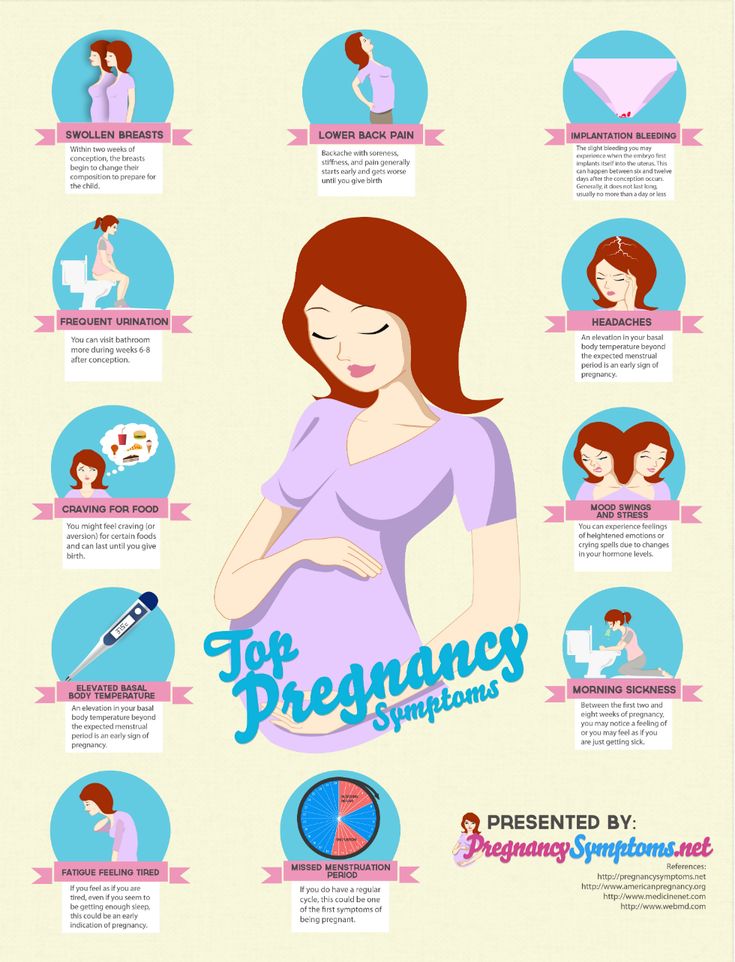 Bouts of morning sickness are a perfect example. If you can’t keep most food down, focus on eating what you can keep down. In these cases, something is better than nothing. Foods such as bananas, rice, crackers and applesauce tend to be easier to eat when you’re looking to get relief from morning sickness.
Bouts of morning sickness are a perfect example. If you can’t keep most food down, focus on eating what you can keep down. In these cases, something is better than nothing. Foods such as bananas, rice, crackers and applesauce tend to be easier to eat when you’re looking to get relief from morning sickness.
Start eating for (the health of) two
From your first trimester onward, you do have to avoid eating and drinking a few things. But your pregnancy diet doesn’t have to be stale. You have a lot of options for getting your nutrient intake, and if you have questions, your doctor or midwife will be happy to answer them at your next prenatal appointment.
And if you aren’t pregnant yet, you can get a head start on your tests, questions and more by scheduling a preconception appointment.
The first signs of pregnancy | Kotex®
Although pregnancy tests and ultrasound are the only ways to accurately determine pregnancy, there are a number of signs and symptoms to watch out for.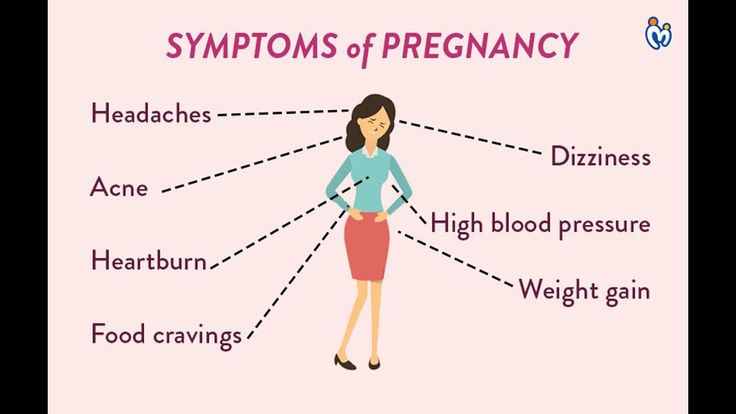 The first signs of pregnancy include not only the absence of a period, but may also include fatigue, sensitivity to smells, and morning sickness. It is worth remembering that these are POSSIBLE signs of pregnancy, they can appear in both pregnant and non-pregnant women and are associated with ovulation and menstruation. nine0003
The first signs of pregnancy include not only the absence of a period, but may also include fatigue, sensitivity to smells, and morning sickness. It is worth remembering that these are POSSIBLE signs of pregnancy, they can appear in both pregnant and non-pregnant women and are associated with ovulation and menstruation. nine0003
When do symptoms appear?
Oddly enough, the first week of pregnancy is determined by the date of the last menstruation.
Your last period counts as the first week of pregnancy, even if you haven't actually been pregnant yet. The estimated due date is calculated from the first day of your last period.
Taking a home pregnancy test is the cheapest and easiest way to find out if you are pregnant. nine0008 Remember that home pregnancy tests measure the level of a hormone called human chorionic gonadotropin (hCG) in the urine, and there is usually less of it in the urine than in the blood.
The test gives the most accurate results from the moment of missed menstruation.
The menstrual cycle is considered delayed if the menstruation did not begin within 5 or more days after the day of their expected start. nine0003
However, it is worth remembering that even the day after the expected delay, more than a third of women will give a negative result from such home tests, and if you test too early, the result can be negative, even if you are already pregnant. You can do another test at home after a couple of days to get a more accurate result.
Signs and symptoms of pregnancy
If you are pregnant for the first time, then you may not notice these first signs of pregnancy or confuse them with symptoms of impending menstruation. nine0003
It is not worth spending long hours looking for answers on the forums in experiences, in any case, your research will not change what has already happened or has not happened, but mood and sleep can thoroughly spoil.
Slight lower abdominal pain and spotting
Absence of menstruation
Fatigue
Nausea
Breast swelling
Frequent urination
Constipation
Vertigo on motion
Mood swings
Temperature changes
High blood pressure
Pain and slight bleeding
From weeks 1 to 4, changes in a woman's body are still happening at the cellular level. A fertilized egg creates a group of cells filled with fluid, which is called a blastocyst, which, after pregnancy, will have to turn into organs and body parts of the fetus. nine0003
Approximately 10-14 days after conception (4 weeks), the blastocyst attaches itself to the endometrium lining the uterine wall. This process can cause some bleeding, which can be confused with light menstruation.
Here are some signs of such bleeding:
-
color can be red, pink or brown
-
bleeding: usually comparable to normal menstruation, usually lighter
-
painful sensations
-
usually lasts about three days
No period
After the blastocyst attaches to the walls of the uterus, the body begins to produce a hormone called human chorionic gonadotropin, which tells the body that it is time to stop releasing eggs from the ovaries every month. Most often, after conception, menstruation disappears at 4 weeks of pregnancy. nine0003
Most often, after conception, menstruation disappears at 4 weeks of pregnancy. nine0003
If you're late, it's worth taking a home pregnancy test, especially if you have irregular periods.
Fatigue
Fatigue may appear at any time during pregnancy. During pregnancy, progesterone levels rise, and this hormone can make you feel sleepy. If you feel tired, then make sure you get enough sleep.
nine0021
Morning sickness and vomiting
Nausea and morning vomiting usually develop between 4 and 6 weeks of gestation. In fact, such symptoms can occur not only in the morning, but in general at any time of the day. This symptom is typical for the first 12 weeks of pregnancy. If you often feel sick, then you need to make sure that you drink enough water to avoid dehydration.
Breast swelling and tenderness
Breast changes may begin at 4-6 weeks of gestation.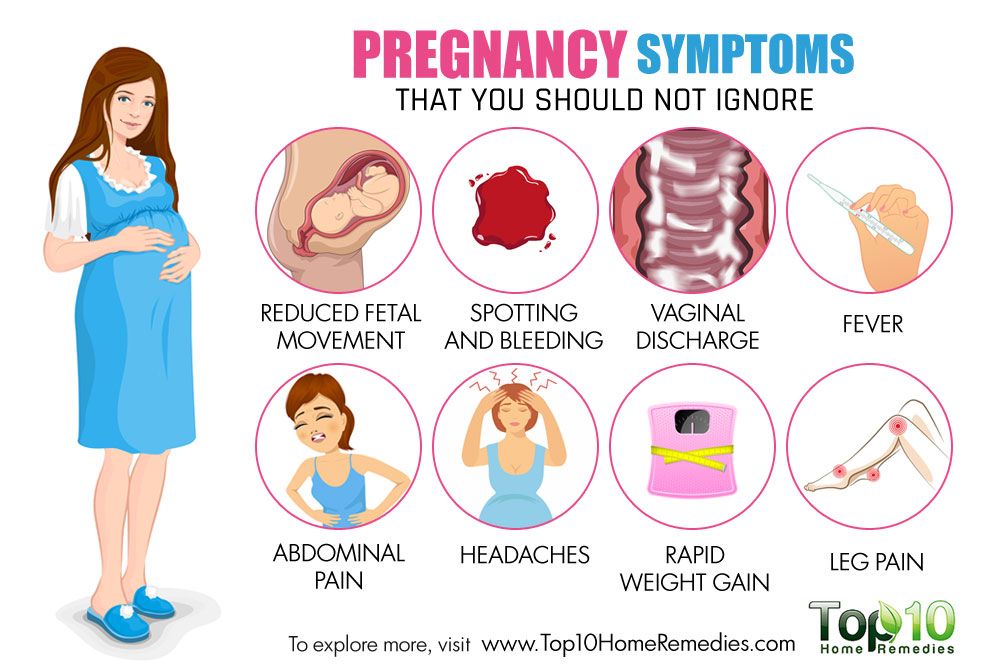 They are also associated with changes in hormone levels. Most often, the breast swells somewhat and becomes more sensitive than usual. Usually these symptoms disappear in the future, when the body gets used to the changed hormonal background.
They are also associated with changes in hormone levels. Most often, the breast swells somewhat and becomes more sensitive than usual. Usually these symptoms disappear in the future, when the body gets used to the changed hormonal background.
Frequent urination
During pregnancy, blood flow increases and this causes the kidneys to process more fluid than usual, which can cause frequent urination even in the early stages of pregnancy. nine0003
Constipation and bloating
This symptom is similar to the typical menstrual symptom and is also caused by hormonal changes, which can slow down the digestive processes, which causes bloating and constipation.
High blood pressure and dizziness during pregnancy
Most often in the early stages of pregnancy in women, blood pressure drops, which can cause a feeling of dizziness due to vasodilation of the brain.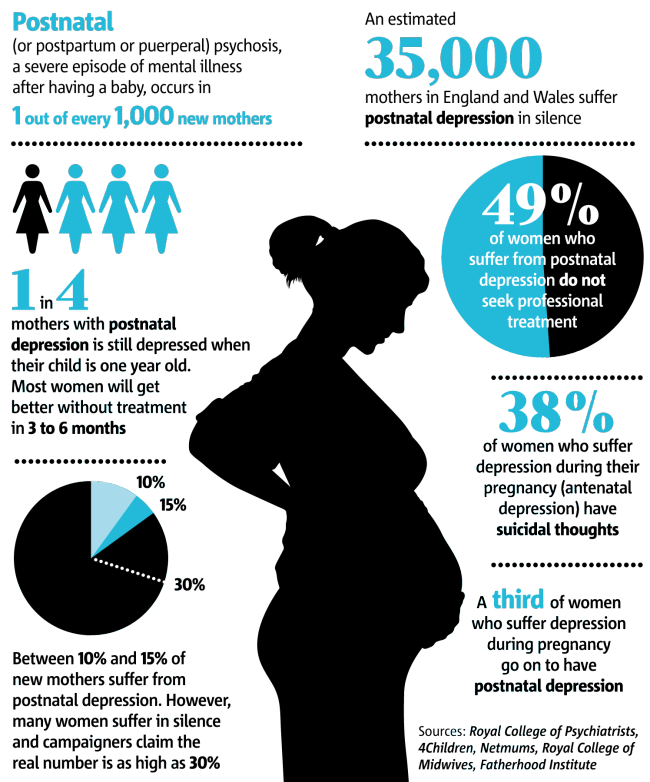 High blood pressure in the first 20 weeks of pregnancy usually means that there are some health problems that occur along with pregnancy. Such a symptom may have been present unnoticed prior to pregnancy, or it may have developed during the process. In such cases, it is especially important to monitor your blood pressure and consult your doctor. nine0003
High blood pressure in the first 20 weeks of pregnancy usually means that there are some health problems that occur along with pregnancy. Such a symptom may have been present unnoticed prior to pregnancy, or it may have developed during the process. In such cases, it is especially important to monitor your blood pressure and consult your doctor. nine0003
Mood swings
Since estrogen and progesterone levels are elevated during pregnancy, this can cause changes in your emotional background and you may become more sensitive than usual. They can cause such strong feelings as depression, irritability, euphoria and anxiety.
Increase in basal body temperature
Basal body temperature is the lowest body temperature it reaches during rest or sleep. It is determined by measuring the temperature in the early morning by inserting a thermometer into the rectum. Normal body temperature may also rise, especially during heat or physical activity.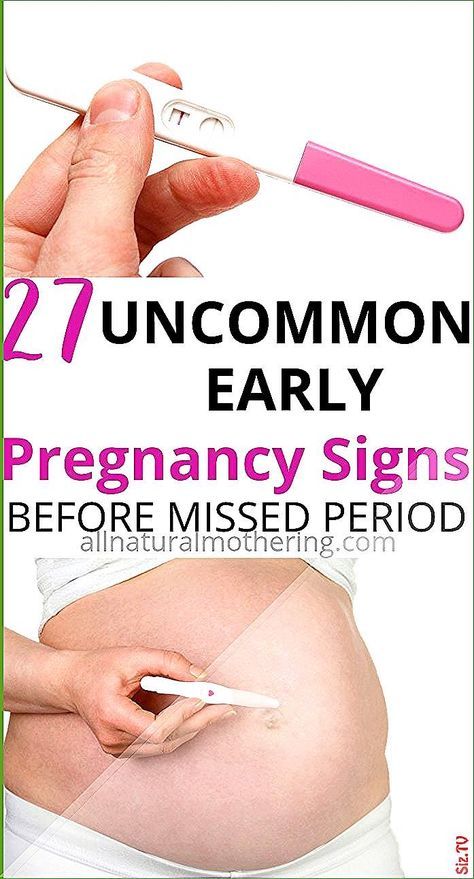 It is important to consume enough liquid in such cases. Make sure you don't get too hot to sleep. nine0003
It is important to consume enough liquid in such cases. Make sure you don't get too hot to sleep. nine0003
Which signs of pregnancy can be trusted and which not
You can listen to the short version of the article. If it's more convenient for you, turn on the podcast.
The most reliable signs of pregnancy are a positive blood test for hCG (human chorionic gonadotropin) and an ultrasound confirming the fact of conception. But sometimes you want to clarify the situation before going to the doctor or pharmacy. And this can really be done with high accuracy if you know which symptoms and in what period to pay attention. nine0003
At what time do the first signs of pregnancy appear
Let's say right away: stories like “I realized that I was pregnant the very next morning after a night of love!” or “we slept together, and after three days morning sickness appeared and everything became obvious” - this is something like an urban legend.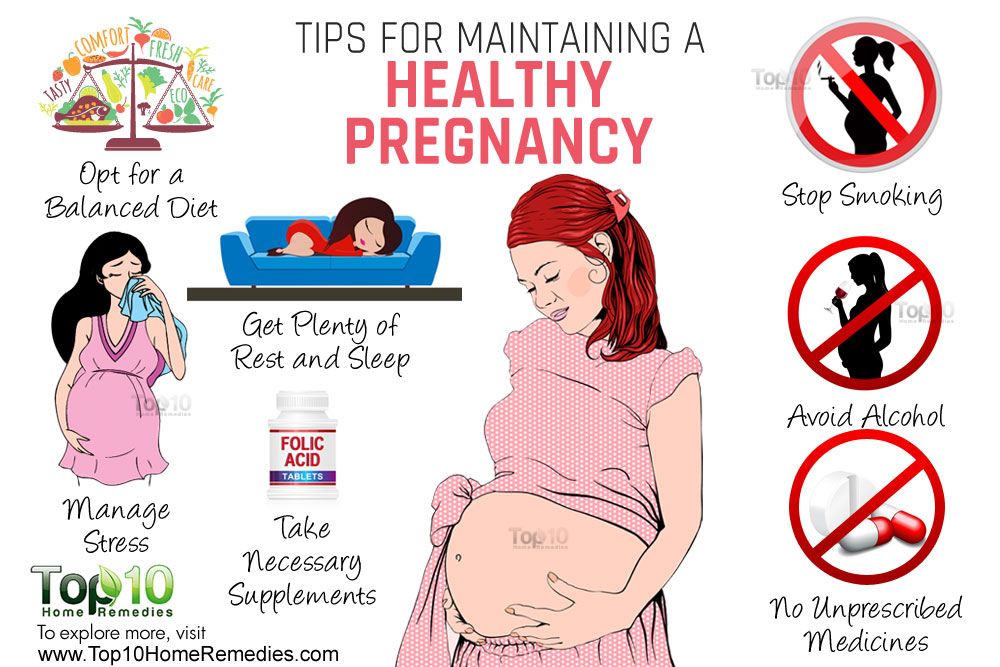 They have nothing to do with science.
They have nothing to do with science.
The earliest signs of pregnancy appear at best 6 days after conception. And it's not for all women.
The reason is physiology. For a pregnancy to occur, the egg must meet with the sperm in the fallopian tube. This should happen within one or two days after ovulation - the maturation of the egg in the ovary. The fertilized egg then travels to the uterus to attach to it. nine0003
This process takes at least a few days - on average, from 6 to 10. Moreover, until the egg begins to fix itself in the endometrium lining the uterus, no changes in well-being can be noticed. Simply because they are not and cannot be.
Actually, it is the implantation (introduction) of the embryo into the wall of the uterus that doctors consider the beginning of pregnancy. And this is logical. If a woman is taking oral contraceptives or has an intrauterine device, implantation will not occur. Accordingly, pregnancy will not occur and will not be able to make itself felt with any symptoms. nine0003
nine0003
Conclusion: it is useless to look for signs of pregnancy earlier than 6 days after unprotected intercourse. But after this period, you can already begin to listen to yourself.
Which Early Signs of Pregnancy You Can Trust
There are traditional signs of pregnancy related to well-being: morning sickness with or without vomiting, painful breasts, changes in taste… And most of them are really worthy of attention.
Patricia A. Yost
OB/GYN, MD
Even if you feel a little different than usual, it's enough to suggest pregnancy.
But at the same time, these symptoms may have other causes. The real signs of pregnancy manifest themselves in strictly defined terms - this is due to the physiology, which we talked about above.
Therefore, if any change in your health seems suspicious to you, be sure to check how much time has passed since the alleged conception (or the first day of the last menstruation - the so-called obstetric period is counted from it).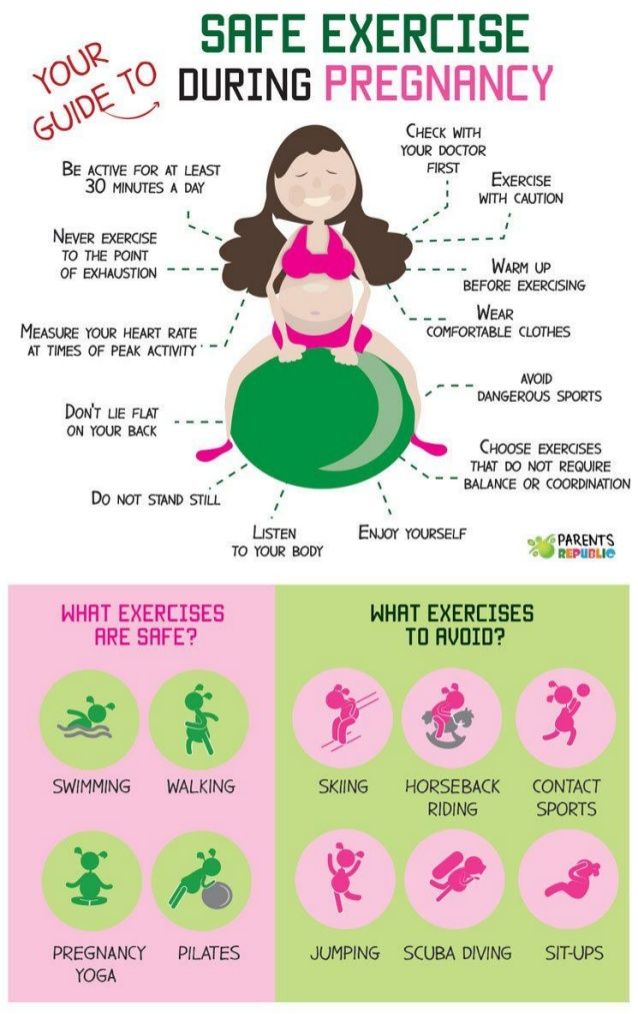 nine0003
nine0003
Here are the most common and reliable symptoms that you are pregnant. Not all of them may be present specifically for you. But the more of them, the higher the likelihood that you are in a position.
1. Mild cramps in the lower abdomen
- When appears: 6-12 days after the expected conception (4-5 weeks from the beginning of the last menstruation).
When a fertilized egg implants in the wall of the uterus, some women experience mild cramping pain in the lower abdomen. It can last 1-2 days until the implantation process is completed. These sensations are also enhanced by increased blood flow to the uterus. nine0003
However, pain in the lower abdomen often occurs before menstruation, when the uterus is preparing to reject the thickened endometrium that is not needed this time. If you are not pregnant, after a couple of days these cramps will end with menstruation. But if the stomach hurt and stopped and menstruation did not come, you should be wary.
2. Spotting spotting
- When appears: 6-12 days after the expected conception, that is, on the days of the expected menstruation (4-5th week from the beginning of the last menstruation). nine0080
The process of egg implantation in the uterine wall can be accompanied not only by pain, but also by the so-called implantation bleeding. It is small and usually consists of small, light red or brownish discharge that stops within a couple of days.
Sometimes women overlook this symptom, thinking it is simply too weak menstruation. But menstruation cannot be "too weak", this is important. If the monthly bleeding of your usual volumes did not come after the spotting discharge, you are most likely pregnant. nine0003
3. Heavy, painful breasts
- When appears: 6-12 days after conception (4-5 weeks from the beginning of the last menstruation).
This is how the mammary glands react to hormonal changes in the body that begin after the implantation of the egg.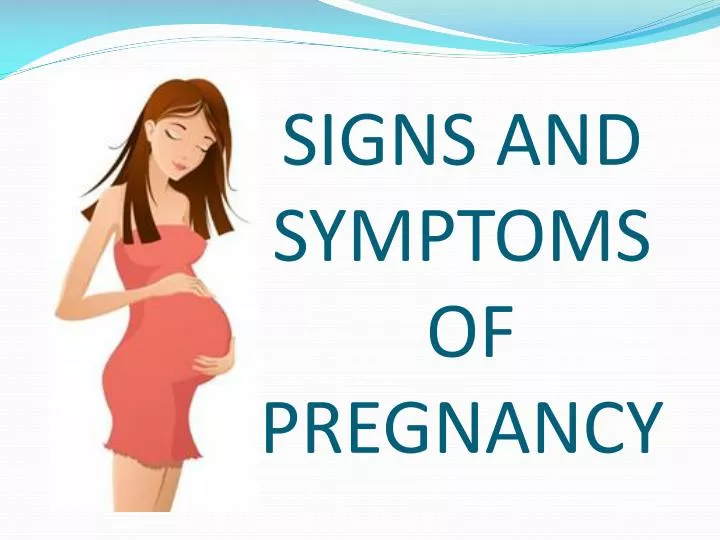 This is a fairly common and characteristic symptom. According to a survey conducted by the American Pregnancy Association, for 17% of women, swollen breasts were the first sign of their new condition. nine0003
This is a fairly common and characteristic symptom. According to a survey conducted by the American Pregnancy Association, for 17% of women, swollen breasts were the first sign of their new condition. nine0003
At the same time, breast enlargement and soreness can also be associated with approaching menstruation - the so-called premenstrual syndrome.
4. Unmotivated weakness, fatigue
- When appears: 6-12 days after the expected conception (4-5 weeks from the beginning of the last menstruation).
During and after the implantation of the egg, the body begins to produce progesterone, a hormone that helps keep the pregnancy going. A side effect of its increased level is sudden weakness, drowsiness, laziness, unwillingness to do anything. Later, when the female body adapts to the changed hormonal background, vigor will return. But at the very start of pregnancy, weakness is most noticeable. nine0003
However, concluding that you are pregnant just because you suddenly want to crawl under the covers and do nothing is not worth it.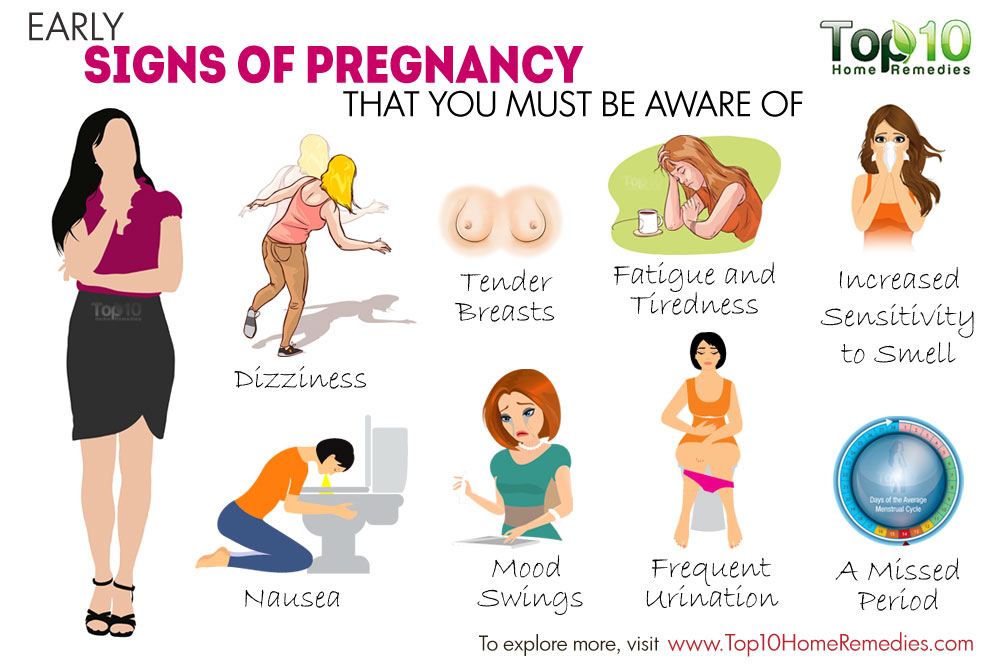 Unmotivated fatigue can have dozens of different reasons - from banal overwork or ordinary SARS to much more dangerous diseases. Keep monitoring your condition.
Unmotivated fatigue can have dozens of different reasons - from banal overwork or ordinary SARS to much more dangerous diseases. Keep monitoring your condition.
5. Delayed period
- When appears: about 14 days after conception (5-6 weeks from the beginning of the last menstruation) with a normal 28-day cycle. nine0080
Absence of menstruation is the key and most understandable sign of pregnancy. Nearly 30% of women surveyed by the American Pregnancy Association said it was what made them take the test.
Nevertheless, the delay in menstruation is still not an unambiguous sign. It can be related to a host of other factors besides pregnancy: stress, weight loss, exercising too intensely, jet lag, certain medications.
6. Nausea (early toxicosis)
- When appears: about 14 days after conception (weeks 5-6 from last period).
They like to show this sign in films so that the viewer understands that the heroine is pregnant.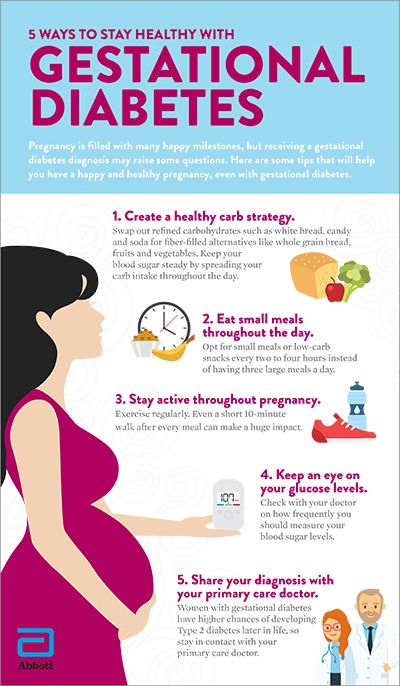 But nausea appears no earlier than 2 weeks after conception. Scientists do not fully understand what this process is connected with, however, they suggest that this is the body's reaction to a changed hormonal background.
But nausea appears no earlier than 2 weeks after conception. Scientists do not fully understand what this process is connected with, however, they suggest that this is the body's reaction to a changed hormonal background.
If you feel sick 3-7 days after sexual intercourse, it is more likely a problem with digestion, and not early toxicosis, because at this time the level of hormones does not change significantly. nine0003
7. Sensitivity to smells
- When appears: about 14 days after conception (5-6 weeks from the beginning of the last menstruation).
This symptom is caused by the same hormonal changes as nausea. Sometimes it appears even before the delay of menstruation. For example, you become unbearable smell from smoking colleagues. Or he begins to feel sick from the aroma of his favorite flowers, perfumes, dishes. This is a good reason to at least buy a pregnancy test. nine0003
8. Bloating and constipation
- When appears: 6-12 days after conception (4-5 weeks from the beginning of the last menstruation).
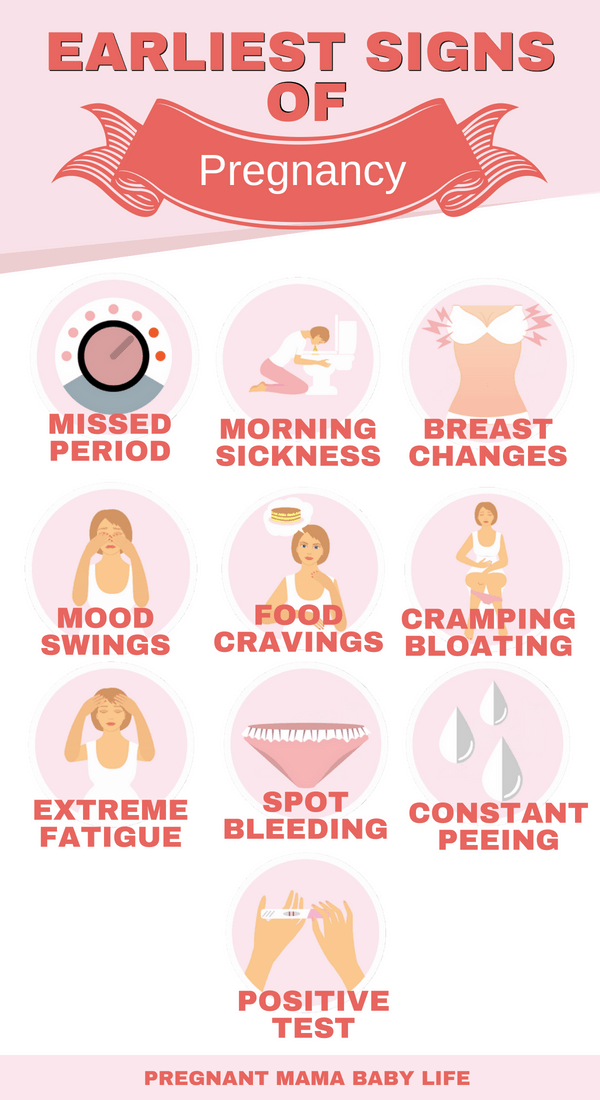
Progesterone causes some muscle relaxation. This also applies to the muscles of the intestines. For this reason, the digestive process slows down, feces remain in the intestines longer. Which often causes a bursting sensation in the abdomen and constipation.
However, be aware that bloating and constipation can have dozens of other causes besides pregnancy. Therefore, it makes sense to consider this symptom only in combination with others. nine0003
9. Frequent urination
- When appears: 14-21 days after conception (5-6th week from the beginning of the last menstruation).
In the first weeks of pregnancy, the body actively produces the hormone hCG. It increases blood flow to the pelvis, causing women to run to the toilet more often.
10. Increased basal temperature
- When appears: 14-21 days after conception (5-6th week from the beginning of the last menstruation). nine0080
Basal body temperature is measured in the mouth, rectum or vagina.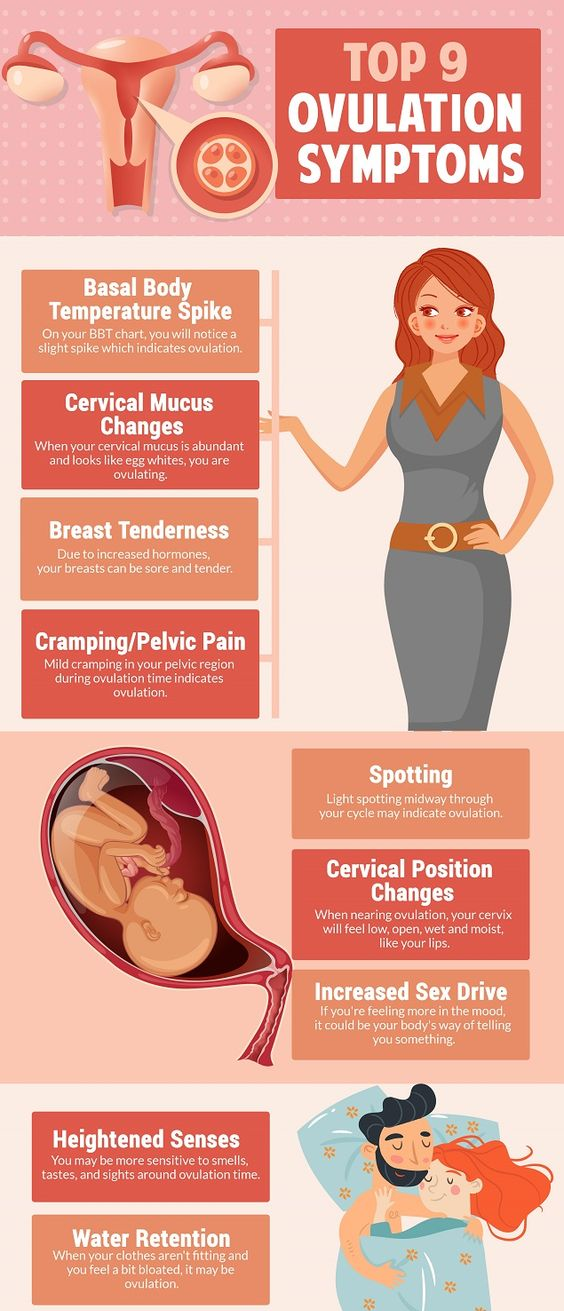 It rises during ovulation - that is, during the period when the egg leaves the ovary into the fallopian tube. During pregnancy, basal temperature can also increase. But this happens not earlier than the sixth obstetric week.
It rises during ovulation - that is, during the period when the egg leaves the ovary into the fallopian tube. During pregnancy, basal temperature can also increase. But this happens not earlier than the sixth obstetric week.
11. Mood swings
- When appears: 7-10 days after the start of the delay of menstruation (from the 6th week from the beginning of the last menstruation).
Mood swings are caused by hormonal changes that a pregnant woman goes through. However, these changes increase gradually and become significant after a delay in menstruation. nine0003
If irritability, anxiety, tearfulness occur much earlier, most likely, it is not about pregnancy, but about banal PMS or stress.
12. Dizziness
- When appears: from 14-21 days after conception (from 5-6 weeks from the beginning of the last menstruation).
In the early stages of pregnancy, blood pressure often drops. This is due to the fact that the uterus requires more blood supply, the blood vessels dilate to provide the necessary blood flow, and the heart is not yet ready to pump the required volumes.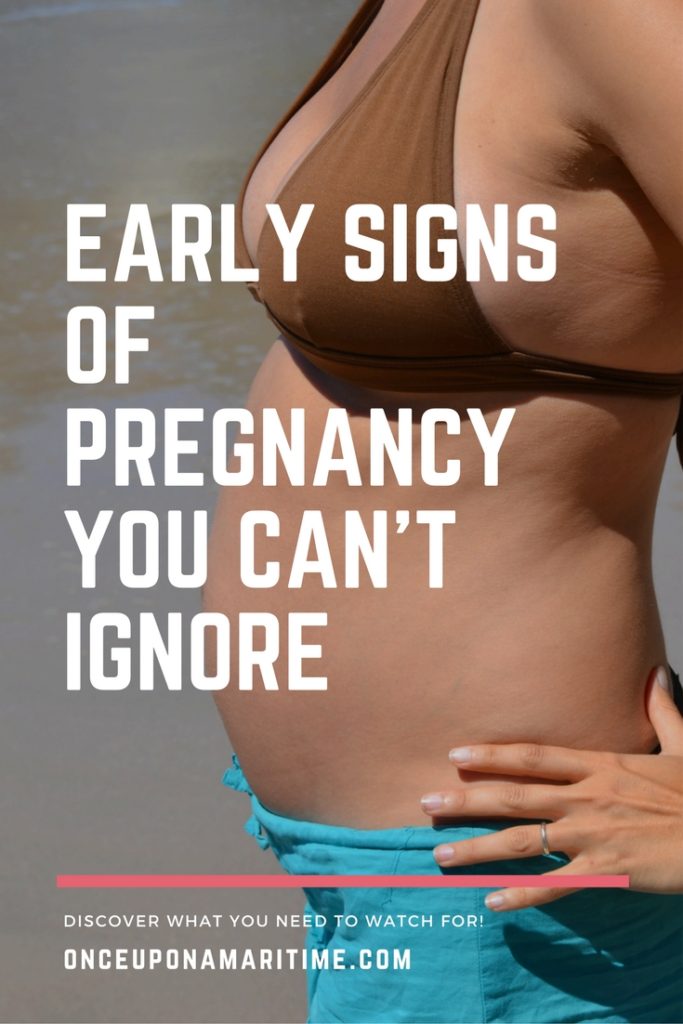 The pressure decreases, this process is accompanied by dizziness. nine0003
The pressure decreases, this process is accompanied by dizziness. nine0003
However, dizziness can have other causes, including dangerous ones. If you begin to regularly “sickness”, consult a general practitioner or (if pregnancy has already been established) a gynecologist.
13. Accelerated pulse
- When appears: from the 8th to 10th week from the beginning of the last menstruation.
During pregnancy, the heart has to pump more blood to keep the growing uterus and fetus healthy. Therefore, it begins to work more actively. An increased heart rate is a common symptom in pregnant women, but it occurs already at those times when pregnancy is in most cases obvious. nine0003
But again, keep in mind that an accelerated heartbeat (tachycardia) can also occur for other reasons - for example, with cardiovascular diseases. In any case, such conditions, if they began to manifest themselves regularly, require consultation with a general practitioner, gynecologist or cardiologist.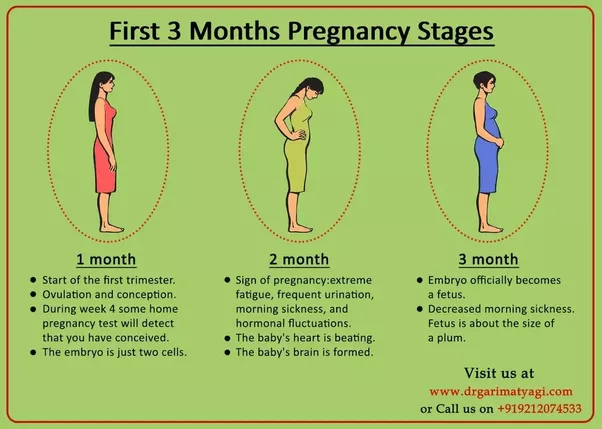
14. Pimples
- When appears: usually not earlier than the 11th week from the beginning of the last menstruation.
Increased blood volume and increased hormone levels increase blood flow. This leads to the fact that the sebaceous glands of the body begin to work more actively than usual. Acne is often a side effect of this activity. nine0003
However, acne has many other causes, so do not rush to write off pimples for pregnancy. You may be able to quickly get rid of them if you make small changes in your lifestyle.
Signs of pregnancy to avoid
1. Diarrhea
Liquid, watery stools are also sometimes considered a sign of pregnancy. But it's not. On the contrary, you are more likely to become constipated in the early stages of pregnancy. Exclusively for hormonal reasons, which we wrote about above. nine0003
If you do develop diarrhea, it is likely caused by other factors: you may have eaten something wrong or caught a rotavirus infection.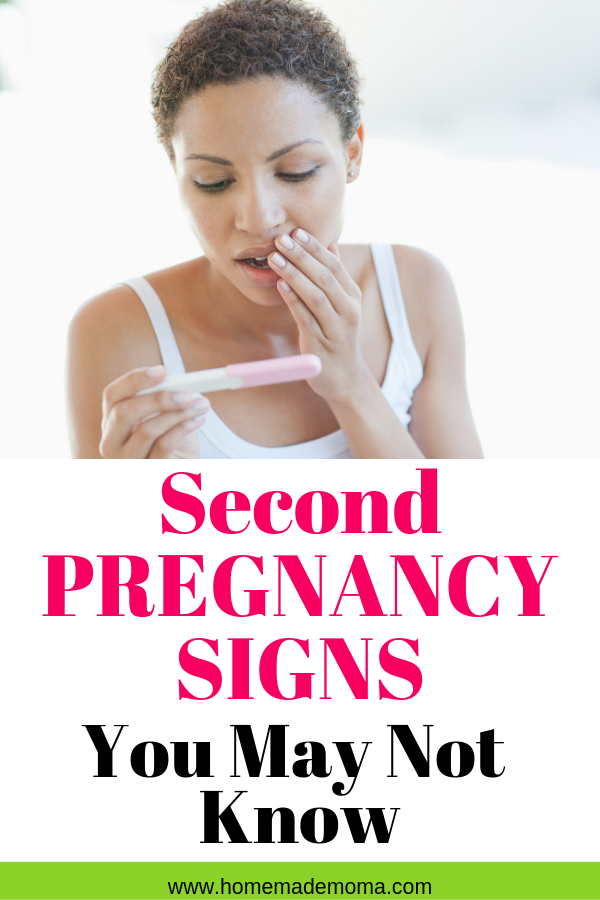
2. Abrupt changes in taste preferences
There are legends about the love of pregnant women for peaches with herring or strawberries with soy sauce. But there is little convincing scientific evidence that women experience cravings for unusual flavor combinations during pregnancy.
Rather, we are talking about some changes in appetite associated with early toxicosis and sensitivity to smells. So, you may want to give up your usual coffee or fried foods - simply because their pungent smell will become disgusting. nine0003
However, there is still a craving for non-standard dishes. As a rule, it is associated with the fact that the body of a pregnant woman is deficient in certain essential vitamins and minerals. And he tries to cover their shortage by making the hostess want chalk (this may be a sign of iron deficiency) or, for example, pickles (deficiency of some salts) with raspberry jam (vitamin C deficiency). But such food perversions occur at solid terms of pregnancy, when it is already obvious.
3. Dreams about fish and other signs
But these options have nothing to do with evidence-based medicine at all, no matter at what moment they appear. Also, do not try to detect pregnancy with the help of fortune-telling and waving a ring on a string.
How to establish pregnancy for sure
To begin with, listen to yourself, but don't go crazy. If you have a couple of reliable signs, invest in a quality pharmacy test. With its help, you can determine pregnancy as early as 10–12 days after fertilization. nine0003
If you want to be clear sooner, take a blood test for hCG (human chorionic gonadotropin). It can be done in any certified medical laboratory, and the results will be ready within a few hours.
Lia Moss
Nurse Midwife at Northwestern University School of Medicine
An hCG blood test can detect pregnancy as early as 7 to 10 days after conception. But be aware: too early testing can give a false positive result. nine0003
If the test is positive, go to the gynecologist.